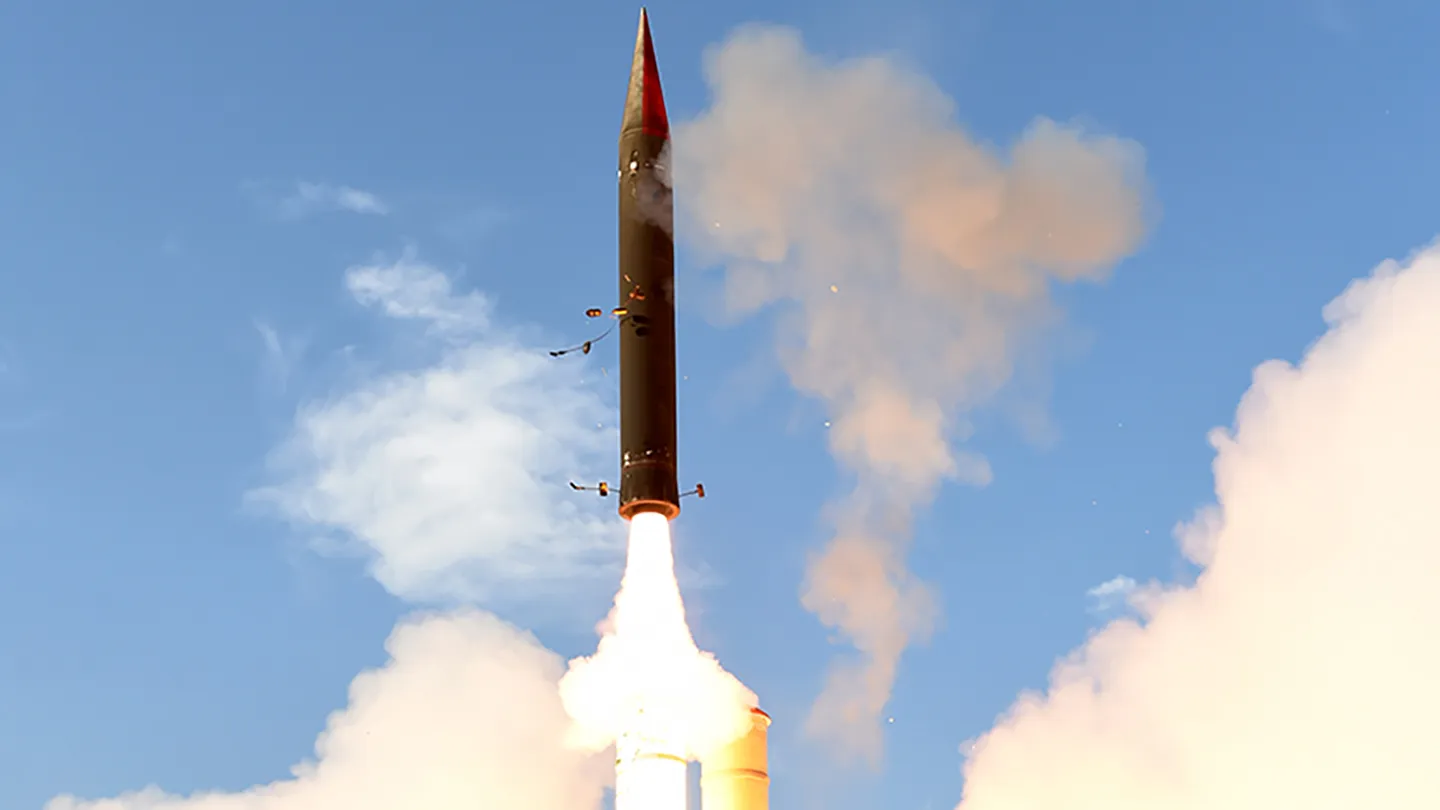World
JUST IN: Israel’s defense under attack

As Iranian missile salvos continue to pound Israeli airspace, concerns are rising over the sustainability of Israel’s defense capabilities.
According to a report by the Wall Street Journal, Israel may be running dangerously low on its stockpile of “Arrow” missile interceptors — a critical line of defense against long-range ballistic threats from Iran.
This report highlights a troubling development in Israel’s ongoing military engagement with Iran.
The Arrow missile defense system, jointly developed by Israel and the U.S., is one of the few capable of intercepting high-altitude, long-distance ballistic missiles, including those potentially carrying unconventional warheads.
While Israeli officials have not confirmed the report, and there’s been no public acknowledgment of a shortage, the very suggestion has rattled regional defense analysts.
The Israel Defense Forces (IDF)’, insists that interception rates remain high and consistent with those seen during Iran’s 2024 missile barrage.
“We are maintaining a high success rate in intercepting incoming threats,” an IDF spokesperson said on Monday.
“No critical shortages have been reported.”
However, the prolonged nature of this conflict has already strained Israeli defense logistics.
The military claims to have destroyed approximately 40% of Iran’s ballistic missile launchers, based on preemptive strike plans developed months ago.
Still, Iran’s vast stockpile and continued launches present a mounting challenge.
While the Arrow system is Israel’s premier tool for intercepting long-range ballistic missiles, it is not the only defensive asset in play.
The U.S. military has Patriot and THAAD missile defense batteries stationed across the region. These are supplemented by U.S. Navy Aegis destroyers, which have also intercepted Iranian projectiles launched toward Israel.
As the air war enters its fifth day, the question of interceptor supply is becoming urgent.
Defense experts warn that if stockpiles drop too low, Israel could be vulnerable to mass saturation strikes, especially if Iran escalates or brings in proxy forces.
This development may prompt emergency resupplies from the U.S., as well as renewed debate in Washington over America’s role in the escalating crisis.
The Biden administration has already deployed additional assets to the region but insists it is not involved in direct hostilities.
With civilian casualties rising and regional tensions boiling, the resilience of Israel’s Arrow system may prove pivotal in determining whether this war escalates — or de-escalates — in the critical days ahead.
For Diaspora Digital Media Updates click on Whatsapp, or Telegram. For eyewitness accounts/ reports/ articles, write to: citizenreports@diasporadigitalmedia.com. Follow us on X (Fomerly Twitter) or Facebook












